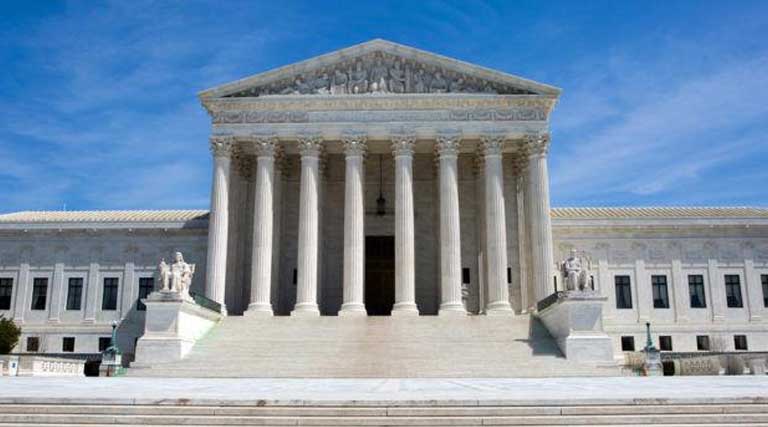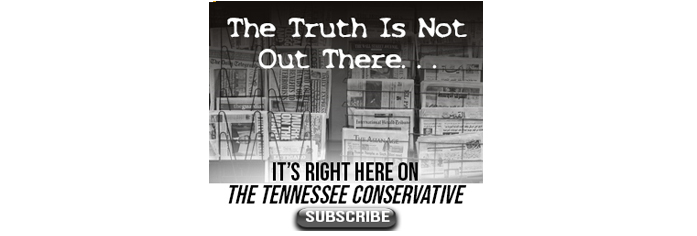Plaintiffs Claim A State Regulation Allowing Union Organizers To Access Private Property For The Purpose Of Soliciting Support Violates The Fourth And Fifth U.S. Constitution Amendments.
The Center Square [By Bethany Blankley]-
The U.S. Supreme Court has agreed to hear a case brought by the Pacific Legal Foundation on behalf of Cedar Point Nursery and Fowler Packing Company asking it to invalidate a California regulation requiring union employees to enter private property for roughly 360 hours a year.
The plaintiffs are suing the California Agricultural Labor Relations Board (CALRB), its chairman, two board members and executive secretary, arguing a state regulation allowing union organizers to access private property for the purposes of soliciting support violates the Fourth and Fifth Amendments to the U.S. Constitution. When doing so, the unions are authorizing “a seizure and taking of possessory interests in private property, including the right to exclude others,” the plaintiffs argue.
A CALRB access regulation initially implemented in the mid-1970s and subsequently amended requires an easement to allow union organizers to enter a business’s private property three hours a day, 120 days a year. In this case, the regulation imposes an easement across both properties of the plaintiffs.
Cedar Point and Fowler collectively employ roughly 3,000 Californians. They are asking the court to invalidate the regulation and affirm that the state cannot allow unions to disrupt commercial operations on private property without paying compensation because their actions are essentially “property taking.”
The issue began in 2015 when Cedar Point experienced disruptions caused by United Farm Workers (UFW) organizers protesting on their property. Fowler denied access to the union on its property and the union filed a charge against it with the Board.
Since then, Cedar Point and Fowler have filed charges against the Board and the union has filed charges against Cedar Point and Fowler. UFW claims the access regulation grants it access rights to their properties.
The plaintiffs “have reason to believe that the access regulation will be applied against them in the future,” according to the complaint. They also argue that there is a substantial likelihood that they will succeed on the merits of their claims “that the regulation unconstitutionally takes and seizes private property” and that being required to permit union trespassers to enter their property will cause irreparable injury absent a preliminary injunction.
“The unconstitutional and illegal taking of a property interest for the benefit of union organizers outweighs any harm the injunction might cause Defendants or the State of California,” the complaint states, which asks for equitable relief and declaratory judgment, including a preliminary injunction.
Several organizations have filed amicus briefs on the plaintiffs’ behalf, including the California Farm Bureau Federation, American Farm Bureau, Institute for Justice, Mountain State Legal Foundation, Cato Institute, and Louisiana’s Pelican Institute for Public Policy.
The case will be PLF’s 15th case before the Supreme Court.






